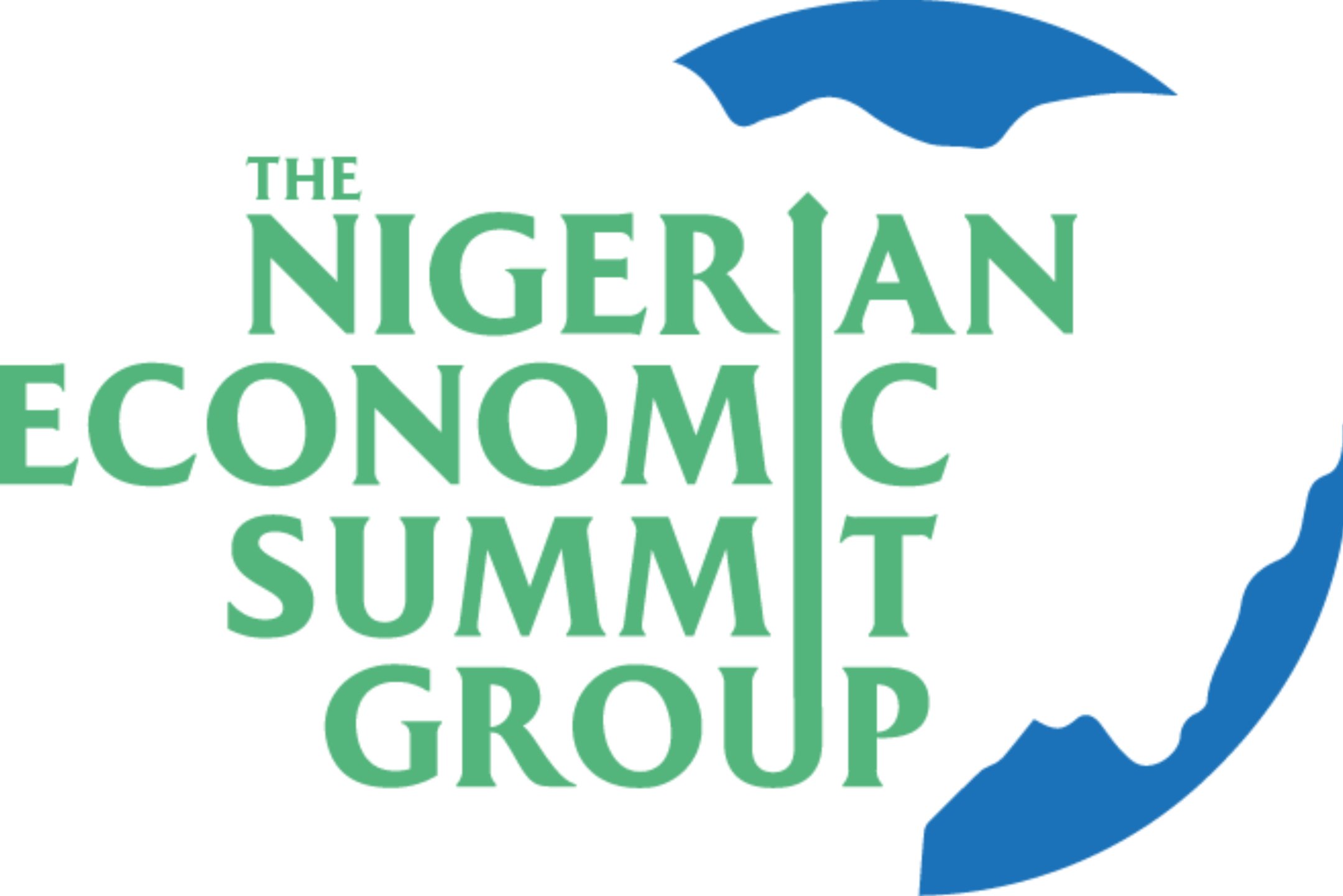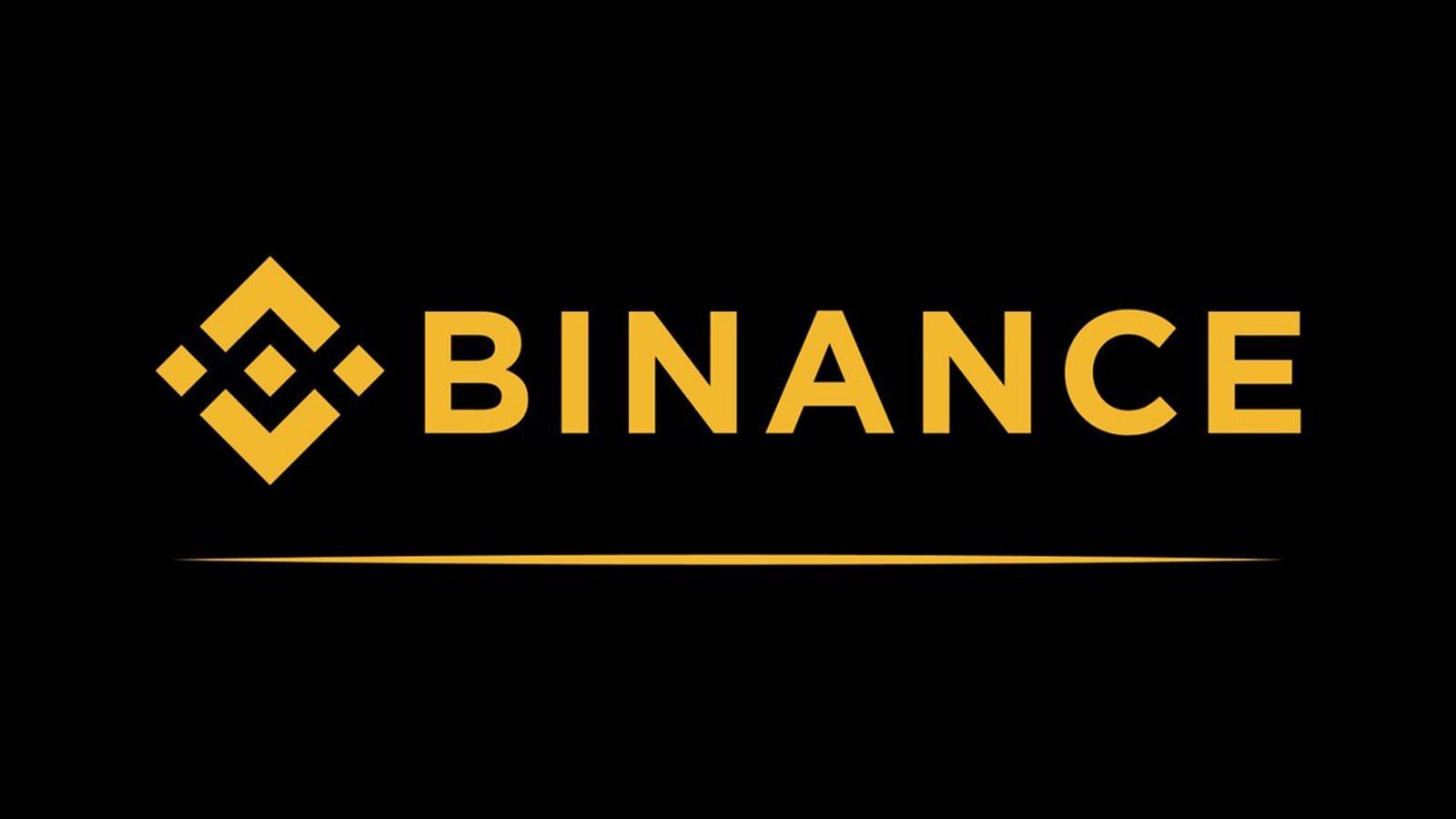President Bola Tinubu has insisted that recent economic measures, particularly the removal of fuel subsidy and the unification of foreign exchange rates, is geared towards a broader strategy to stabilise the macroeconomic environment.
He spoke on Monday during the 30th Nigerian Economic Summit, organised by the Nigerian Economic Summit Group, NESG, and the Ministry of Budget and Economic Planning, where he explained that, “These are all part of a broader effort to restore balance to the economy and ensure long-term stability.”
The President, represented by Vice President Kashim Shettima harped on the need for increased cooperation among government agencies, the private sector and international partners to boost economic growth, enhance competitiveness, and maintain stability in the country.
Tinubu outlined his administration’s Renewed Hope Agenda, which he said was designed to create an environment that fosters sustainable economic growth and shared prosperity.
“As a nation, we must prioritise economic diversification,” Tinubu stated, reaffirming his administration’s commitment to focus on sectors that can offer inclusive and sustainable growth, such as agriculture, manufacturing, and the digital economy.
He said efforts are ongoing to improve infrastructure, streamline regulations, and enhance the ease of doing business in Nigeria.
“We are currently completing key infrastructure projects such as roads, railways, and power plants that will enhance connectivity and productivity.
“We are harmonising regulatory processes to reduce the bureaucratic hurdles that have long stifled entrepreneurship and innovation,” the President noted.
Addressing the critical issue of economic inclusivity, President Tinubu said: “Our competitiveness is not just about improving our standing on global indices. It is about ensuring that the Nigerian economy is inclusive—where small and medium-sized enterprises can thrive alongside large corporations, and where every citizen, regardless of location or background, can benefit from economic opportunities.”
He further assured: “With the right policies, the right partnerships, and the right level of commitment, Nigeria can emerge stronger, more competitive, and more resilient than ever before.”
On his part, Minister of Budget and Economic Planning, Atiku Bagudu, re-echoed the effectiveness of recent government reforms, stating that “there are significant pieces of evidence that reforms and investments are working.
“These governance and institutional reforms have helped to improve our macro-economic performance. Our GDP has been enhanced from 2.98 per cent growth in first quarter of 2024 to 3.19% in quarter two of 2024, inflation is trending downwards while external reserves are improving,” he added.
The minister also appealed for public support, saying: “We seek cooperation and understanding of the broad spectrum of the citizenry as there is indeed light at the end of the tunnel.”
Subsidy removal, FX unification policies meant to stabilise Nigeria’s macroeconomic environment – Presidency



